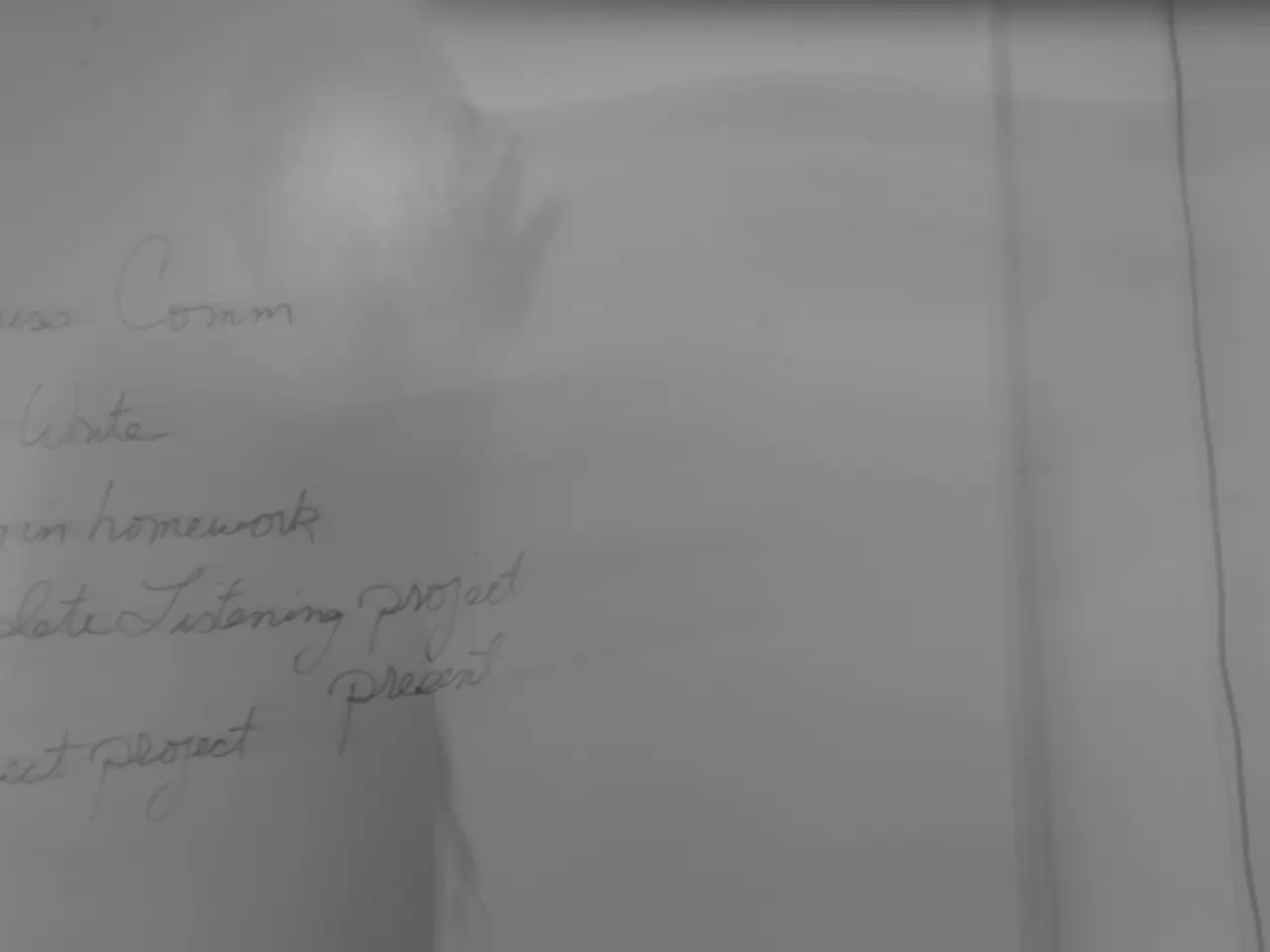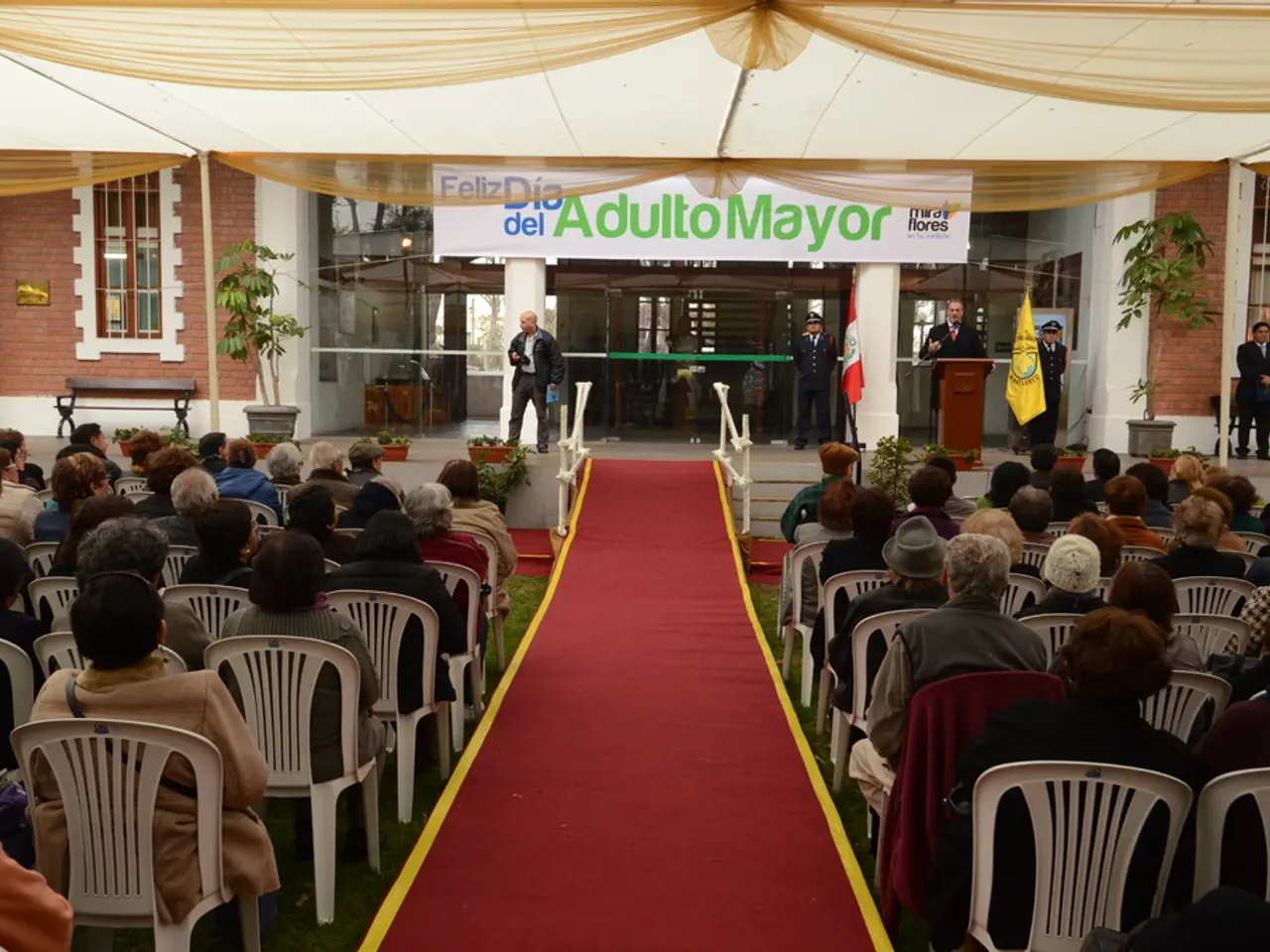Iran rejects Trump's proposal: No talks scheduled as per their stand
After a staggering twelve-day war with Israel, conflicting statements have emerged from Iran regarding the harm inflicted on their nuclear facilities following US attacks. While Ayatollah Ali Khamenei downplays the impact, Foreign Minister Abbas Araghtschi describes the damage as "severe."
Khamenei's Take
In a televised video message, Ayatollah Ali Khamenei dismissed US President Donald Trump's claims, stating that the attacks had little impact on Iran's nuclear infrastructure. According to Khamenei, the US President was merely exaggerating the events for unknown reasons.
Araghtschi's Perspective
Contrarily, Araghtschi admitted on Iranian state television that expert studies and political decision-making processes were underway to evaluate the extent of the damage to Iran's nuclear agency. However, he vehemently denied any plans for returning to the negotiating table.
Trump's Announcement
Previously, Trump had indicated that new nuclear talks with Iran were imminent. He stated, "We could sign an agreement. I don't know," suggesting a possible agreement in the near future. His sentiment was met with rejection from Araghtschi, who categorically denounced any plans for negotiations.
The Aftermath of the Conflict
Israel initiated a massive attack on Iran nearly two weeks ago, citing concerns over Iran's advanced nuclear and missile programs. After a ceasefire, the US had bombed Iranian nuclear facilities, claimingly "обливérá indication and completely "destroyed" them. The conflict has left the international community on edge, waiting for further developments.
Europe's Position
German Foreign Minister, Johann Wadephul, believes that the Europeans hold a strong hand in possible negotiations with Iran over its nuclear program. He emphasized the snapback mechanism as a powerful tool that could trigger sanctions against Tehran, if used in coordination with the US. The ultimate goal remains to achieve a negotiated solution.
Sources: ntv.de, raf/dpa/AFP
- Iran Conflict
- Iran Nuclear Program
- Donald Trump
- USA
- Israel-Palestine Conflict
Note: Preliminary intelligence suggests that the US and Israeli attacks caused considerable damage to major Iranian nuclear sites, such as Fordow, Natanz, and Esfahan, with reports indicating "moderate to severe damage" at these locations. However, Iran's official damage assessments have not been publicly detailed.
- The economic and monetary union of the European Union, with Germany at its helm, may play a crucial role in any future negotiations concerning Iran's nuclear program, as Foreign Minister Johann Wadephul believes the Europeans hold a strong hand, especially with the snapback mechanism's potential to impose sanctions on Iran.
- Despite the conflicting statements from high-ranking Iranian officials regarding the damage inflicted on their nuclear facilities, there appears to be an ongoing internal dialogue within the Iranian government about the impact of the US and Israeli attacks on key facilities like Fordow, Natanz, and Esfahan, as Foreign Minister Abbas Araghtschi confirmed the need for expert studies and political decision-making processes to evaluate the extent of the damage to Iran's nuclear agency.






